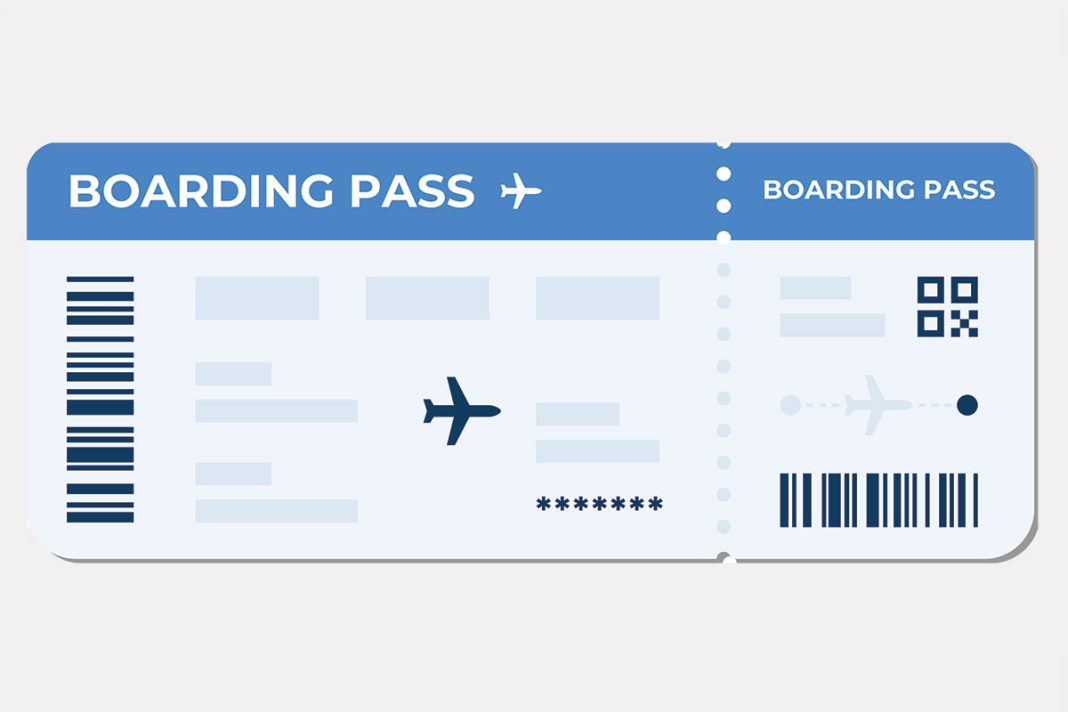Delta Air Lines is moving to make artificial intelligence a core part of how it sets ticket prices—replacing static fares with real-time, individualised pricing. President Glen Hauenstein told investors that by year-end, 20% of fares will be AI-generated, up from 3% today. Eventually, pricing could be uniquely tailored to each passenger based on flight, timing, and profile.
Describing AI as “a super analyst,” Hauenstein said it works around the clock to simulate real-time price points for each traveller. The shift is part of a broader strategy to raise profit margins following a strong earnings report.
Though Delta is unusually vocal, other major airlines are also adopting AI tools. United Airlines uses generative AI to communicate delays and cancellations, while American Airlines leverages it to predict no-shows.
But not everyone is on board. Privacy watchdogs warn of “surveillance pricing,” where algorithms predict how much each customer is willing to pay. “They are basically hacking our brains,” said Consumer Watchdog analyst Justin Kloczko.
In the Adria region, where tourism is a vital economic pillar and low-cost travel has boomed, this AI-driven pricing shift could eventually impact both inbound and outbound travel, as global carriers and booking platforms integrate similar systems.







